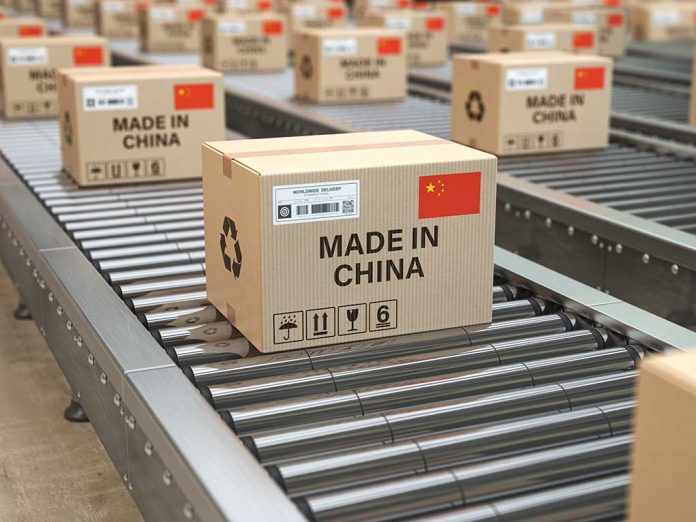
(NewsSpace.com) – The United States and China routinely rely on one another for exports and imports. The two nations have had a trade agreement in place since 1979, though it’s a complex economic relationship. One of the things that the US imports from China is aviation equipment, software, and technology. Now, a new policy means the Asian giant will be placing export controls on that sector.
The Policy Change
On Thursday, May 30, China’s Equipment Development Department of the Central Military Commission and General Administration of Customs issued a joint statement saying the country would begin restricting the exports of specific aerospace and aviation technologies and components beginning on July 1. The reason behind the policy change is for the nation to “safeguard national security” and isn’t intended to single out any one region or country.
Several products will fall under the controls, including astronaut helmet visors, gas turbine engines, aircraft engines, and a fiber used to make bulletproof jackets. Any technologies, data, and software used to create these items also fall under the policy. Exporters can still ship the products overseas, but they will have to apply and be approved for a special permit.
Why Is China Limiting Exports?
While the US has received $1 billion of these products in the first four months of 2024, the overall impact is not likely to be significant, especially since the US is far more advanced than China in some realms, particularly space technology.
However, speaking with The Epoch Times, David Wong, a Chinese American economist listed several reasons why China could be moving forward with this change. One possibility, he said, is it’s “a political move” where the Chinese Communist Party (CCP) is signaling to the US “I am not afraid of you, I want to fight you” and is issuing payback for some of the high-tech sanctions the US has placed on its own country.
Other reasons for the policy change, Wong said, could be it’s preparing for a future war, or it’s stockpiling “a large volume of the products” that it intends to use “to supply Russia or other countries.” Another potential consideration is the move would close a loophole that would prevent exporters from shipping banned products.
The restrictions are also likely to affect Israel, Vietnam, India, and Brazil, which were the main importers of products such as gas turbine products and polyethylene fibers. Wong says it’s very likely that the actual implementation will be flexible, but it depends on how the countries “bargain with the CCP.”
Copyright 2024, NewsSpace.com










